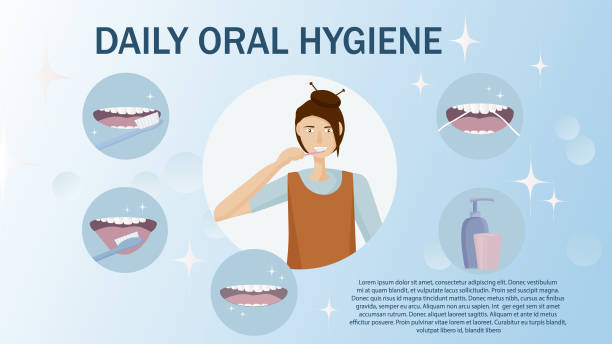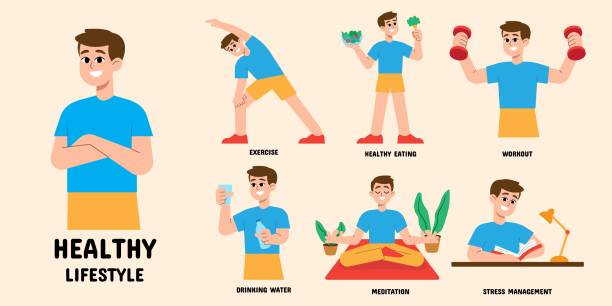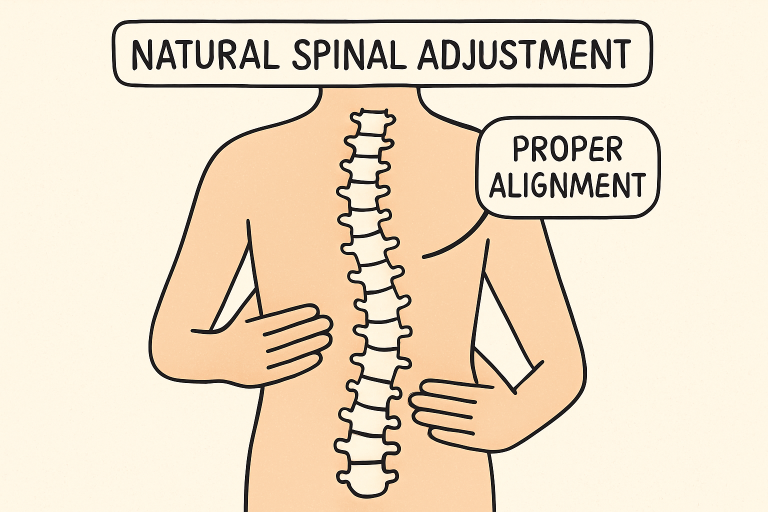Daily Habits That Boost Both Your Oral and Overall Health
Why Oral Health Matters for Your Body
It’s easy to think of oral hygiene as something that only affects your teeth and gums, but emerging science shows oral health is woven into the tapestry of your entire well-being. The mouth serves as a gateway, not just for food and drink, but also for bacteria—both beneficial and harmful. Poor dental hygiene can let infection and inflammation take root, impacting the heart, lungs, and your ability to regulate blood sugar. That’s why it’s essential to understand why is dental hygiene important as a foundational part of caring for your body as a whole.
The Centers for Disease Control and Prevention underline this point with research demonstrating how gum disease is associated with chronic health conditions like diabetes and cardiovascular problems. Periodontal disease, if left untreated, can create low-level inflammation throughout the body—sometimes for years—contributing to the slow development of systemic illnesses. Healthy teeth and gums don’t just help you smile confidently; they support your immune system, keep chronic inflammation at bay, and can significantly impact your long-term health outcomes.
Morning Routine Essentials
Crafting a meaningful morning routine is more than a simple chore—it’s an act of self-care that pays dividends all day. Brushing your teeth when you wake up clears the bacteria and plaque that accumulate overnight when saliva drops during sleep. Using a soft-bristled toothbrush with fluoride toothpaste is key, as it shields your enamel and reduces sensitivity. Remember, it’s not just about speed—brushing thoroughly for two minutes ensures every surface is cleaned. Gentle brushing of the tongue and cheeks can also eliminate odor-causing bacteria, giving your mouth a fresh start.
Flossing deserves equal attention, though national surveys suggest only around 30% of Americans make this a daily habit. Flossing breaks up plaque and food matter where brushes can’t reach, especially between molars. For some, adding a mouthwash with antimicrobial properties can offer extra confidence and eliminate stubborn bacteria. Those with sensitive gums might find waxed floss or a water flosser more comfortable. By being intentional about these steps every morning, you create a solid base for all your daily health habits.
Smart Food Choices Throughout the Day
The foods and drinks you choose can nourish your whole body or create challenges for your teeth and gums. Eating fresh, crunchy vegetables like carrots, celery, and bell peppers isn’t just good for your waistline—these foods act as natural scrubbers, cleaning away residue while you chew. On-the-go snacks such as apples and almonds offer a mix of fiber and minerals that support oral and general health. Cheese and yogurt are especially valuable because their calcium can strengthen teeth and counter the acids produced by sugary foods.
Limiting sweets and processed snacks curbs plaque and fends off cavities. The timing of these treats matters, too: consuming them with meals prevents sugar from lingering on tooth enamel. Drinking water after snacks further reduces acid exposure. Eating a “rainbow” of fruits and veggies is always smart since a wide variety of colors provides an equally broad spectrum of nutrients. Together, these choices help protect your smile and keep the rest of your body energized and strong.
Hydration and Its Hidden Benefits
Hydration is more potent than most people realize regarding daily oral care. Sipping water throughout the day can help flush away the sugars and acids that settle after meals and snacks, minimizing the fuel available for cavity-causing bacteria. Water also moisturizes your mouth, which is essential because dry mouth makes it easier for bacteria and acids to damage enamel and cause gum disease.
Many may not realize that drinks with vitamins or fruit labels can secretly harbor sugar and acid. Whereas sodas and juices can weaken tooth surfaces, water does the opposite: it strengthens, cleanses, and leaves no sticky residue. Carrying a reusable water bottle or swapping one soda daily for water quickly adds up to a healthier mouth, a clearer mind, and better overall hydration. When in doubt, reach for water—it’s one of your smile’s best defenses.
Evening Habits for Lasting Health
At night, saliva helps your mouth less, so it’s critical to be thorough with oral hygiene before bed. Take the time for a two-minute brush and a careful floss. Leftover food particles, if ignored, can contribute to overnight plaque buildup, decay, and unwanted odors. Rinsing with a fluoride mouthwash right before sleep can add a final layer of protection, fending off harmful bacteria well into the night.
Consistency protects both your teeth and body even when you’re tired. Healthy nighttime routines reduce the development of cavities and gum inflammation, giving your immune system one less challenge. Research repeatedly confirms that people who stick to intense evening dental routines enjoy better oral health and lower risk of serious dental issues later in life. It’s a small evening investment that can pay off every morning for years to come.
Easy Moves to Keep Your Mouth and Body Strong
- See your dental professional every six months for a thorough cleaning and check-up, even if everything feels fine
- Swap out your toothbrush quarterly or immediately after an illness to prevent the spread of germs
- Use a mouthguard during sports or high-impact activities
- Reduce snacking frequency to limit acid attacks on your tooth enamel
- Focus on eating a wide range of colorful plant-based foods for optimal nutrition
These steps aren’t complicated, but their cumulative effect on oral and general health is undeniable. As these habits become routine, they create a ripple effect that strengthens both body and smile. Staying proactive helps head off problems before they escalate, making life smoother—and often less expensive—in the long run.
The Surprising Link Between Dental and Heart Health
Recent studies shed light on an intriguing connection: what happens in your mouth can have a pronounced effect on your cardiovascular system. According to data highlighted by the New York Times, there is increasing consensus that gum disease can create persistent inflammation throughout the body. This inflammation can contribute to conditions like atherosclerosis—hardening of the arteries—which increases the risk of heart attack and stroke.
Though medical experts are still examining how oral and heart health are intertwined, the evidence underscores a practical truth: daily oral care is essential to protecting your entire circulatory system. If you’re focused on heart health, brushing, flossing, and professional cleanings are as valuable as eating right and exercising.
When to Ask for Help: Knowing the Signs
While most visible issues can be managed with good habits, some signs mean it’s time to seek professional help. Bleeding or inflamed gums, persistent bad breath, ongoing dry mouth, mouth pain, or sores should never be ignored. These symptoms can signal hidden infections, nutritional deficiencies, or other systemic concerns that benefit from early intervention.
Regular dental checkups offer more than just plaque removal. Dentists are expertly trained to spot early warning signs of broader health problems—often before you notice them yourself. A proactive approach lets you get ahead of issues, preserve your health, and frequently avoid more complex treatments later.
Small changes made daily really add up. By prioritizing oral health and the simple habits that support it, you’re investing in your body’s strength, resilience, and vitality—now and for years to come.







